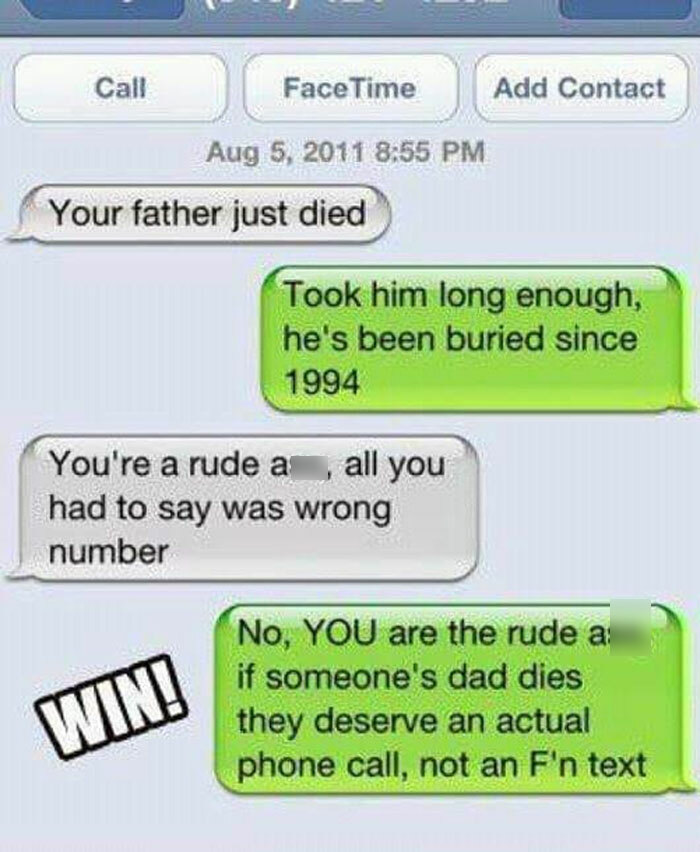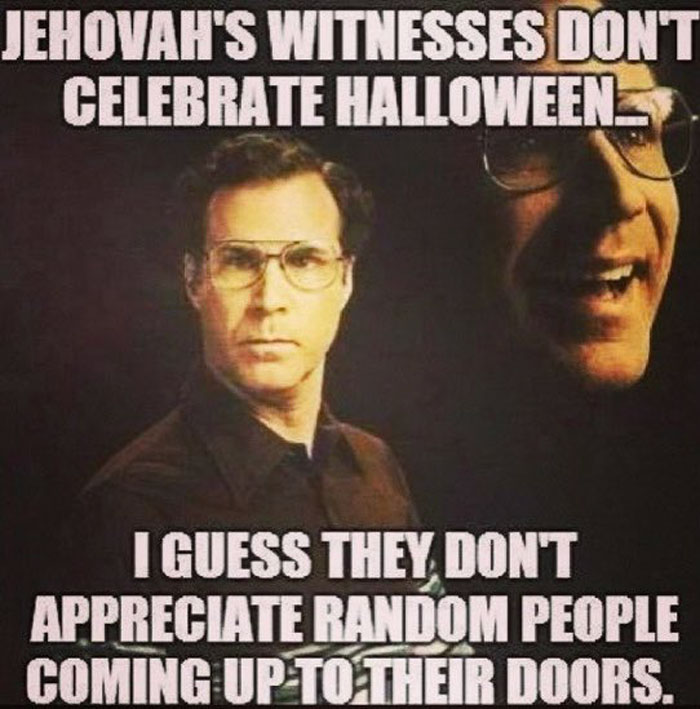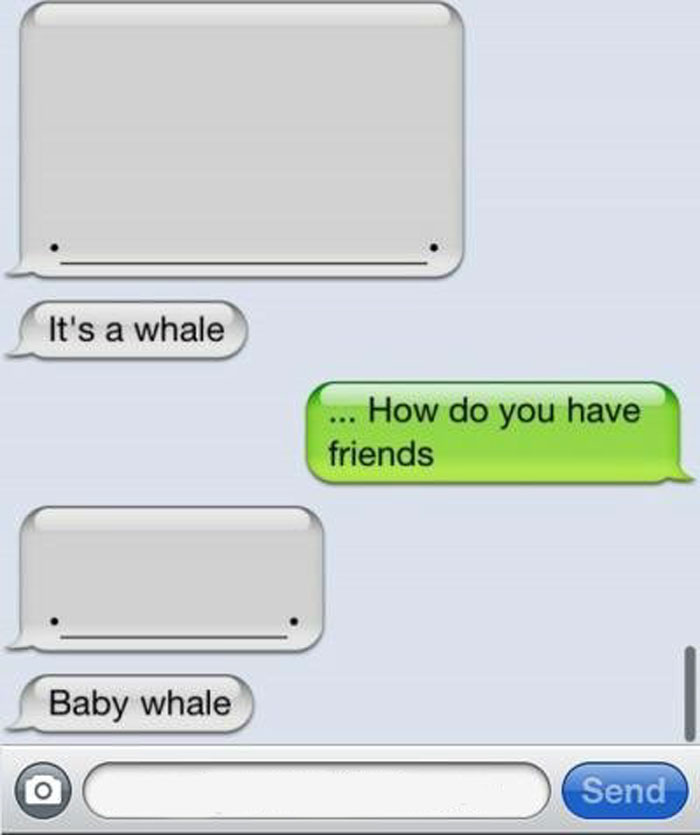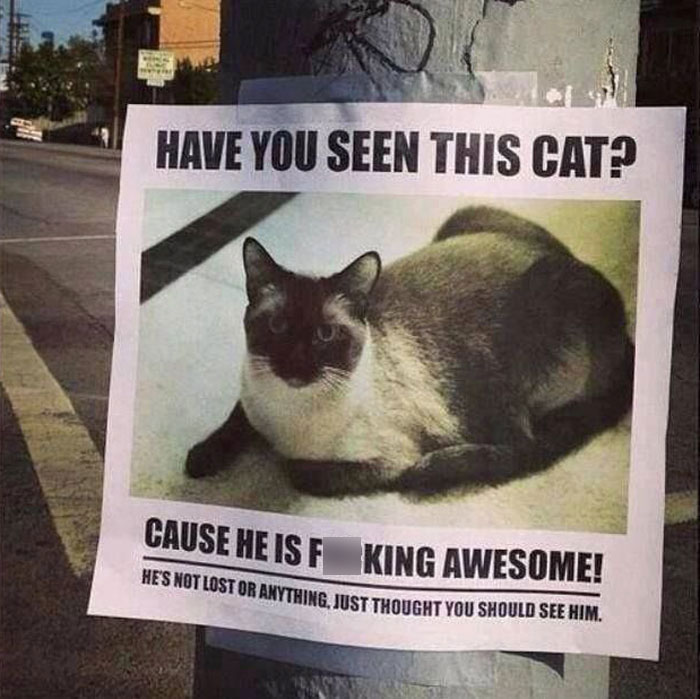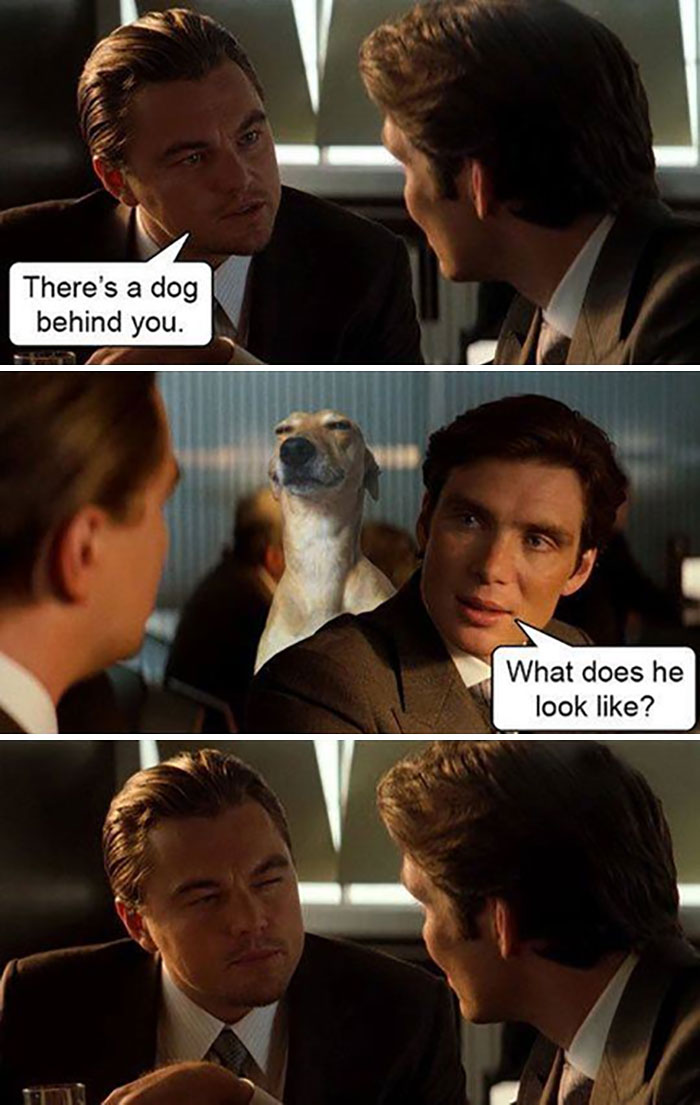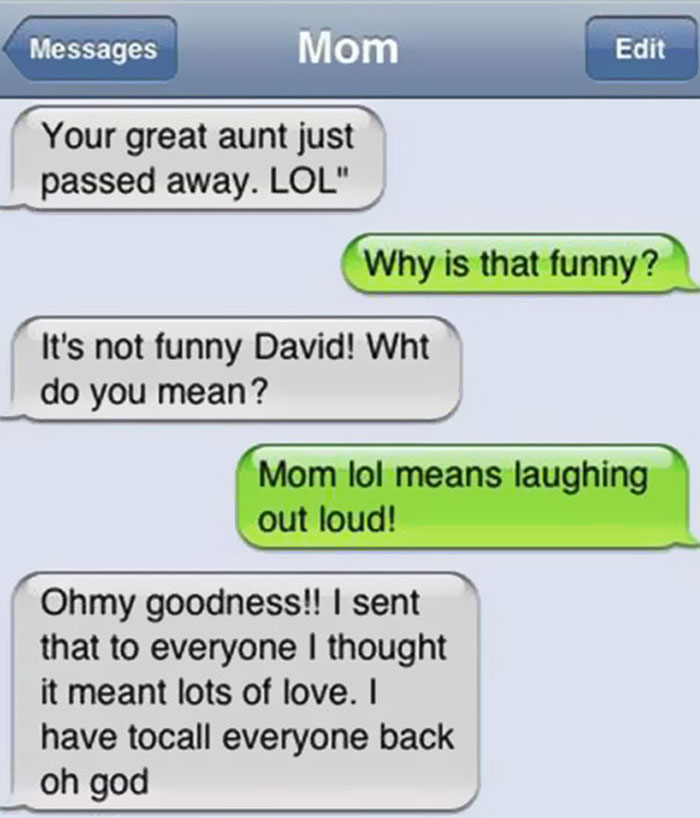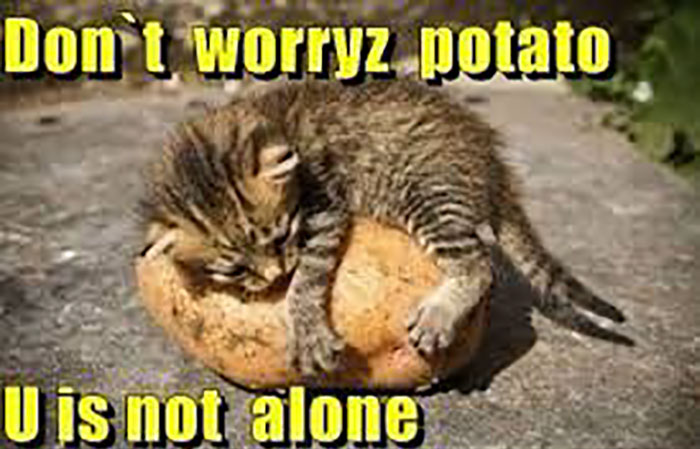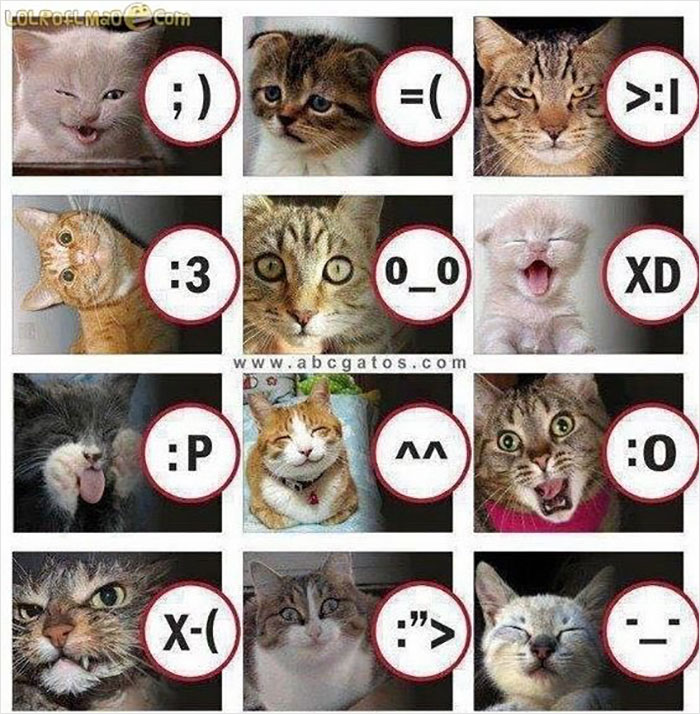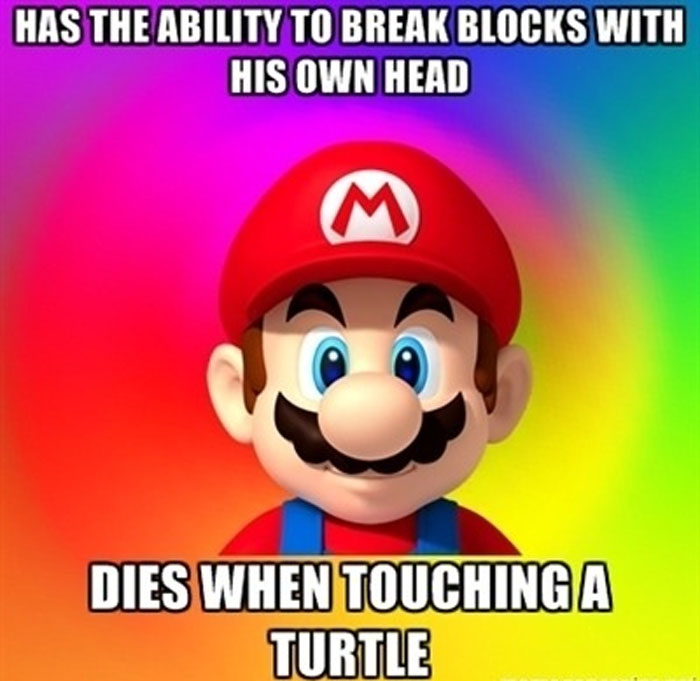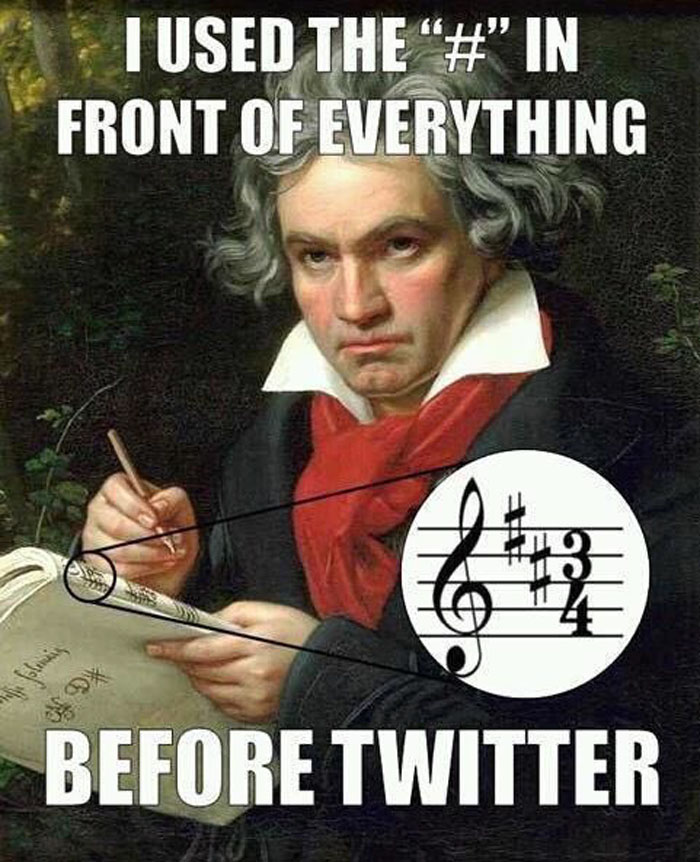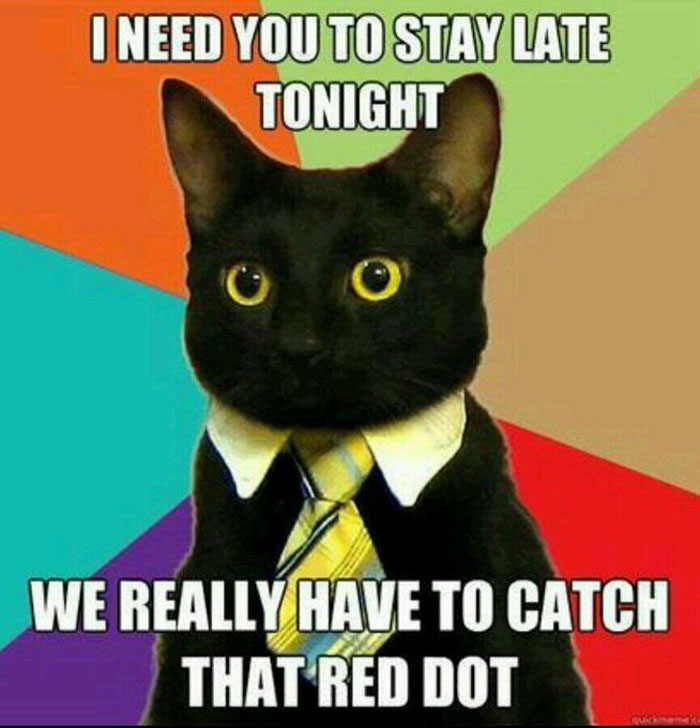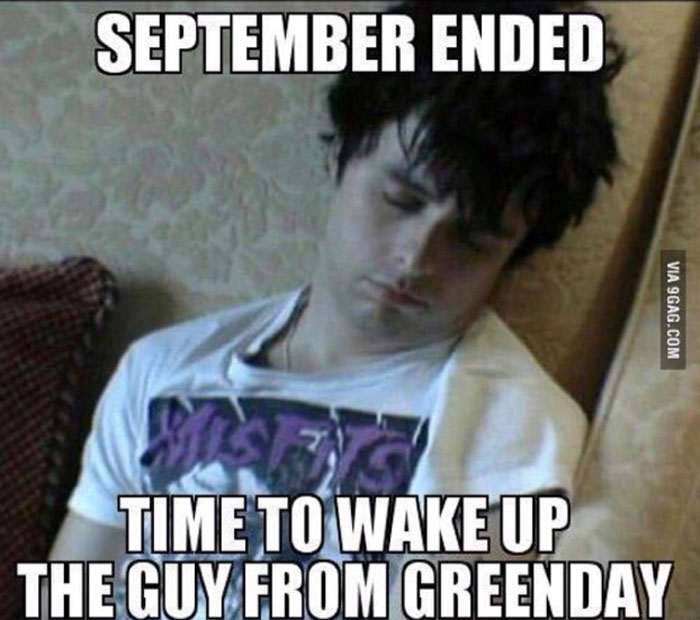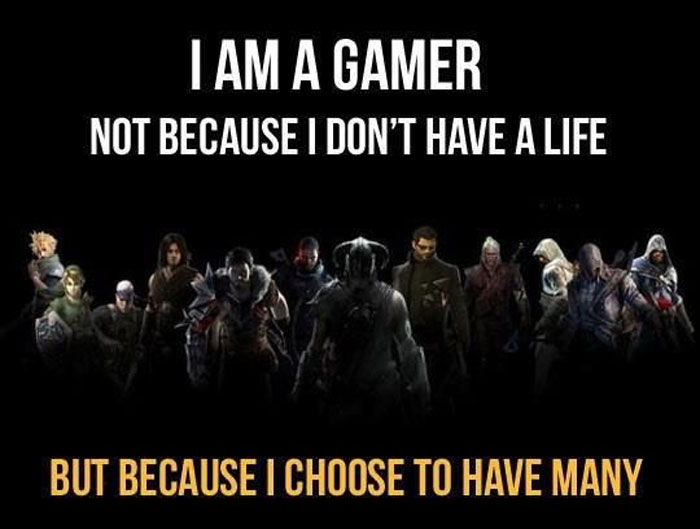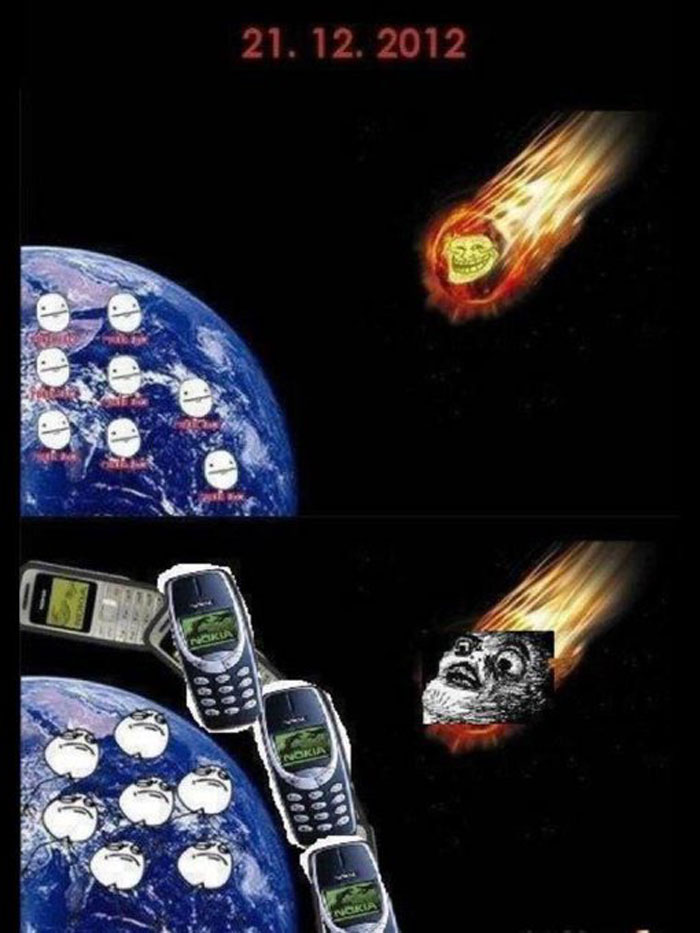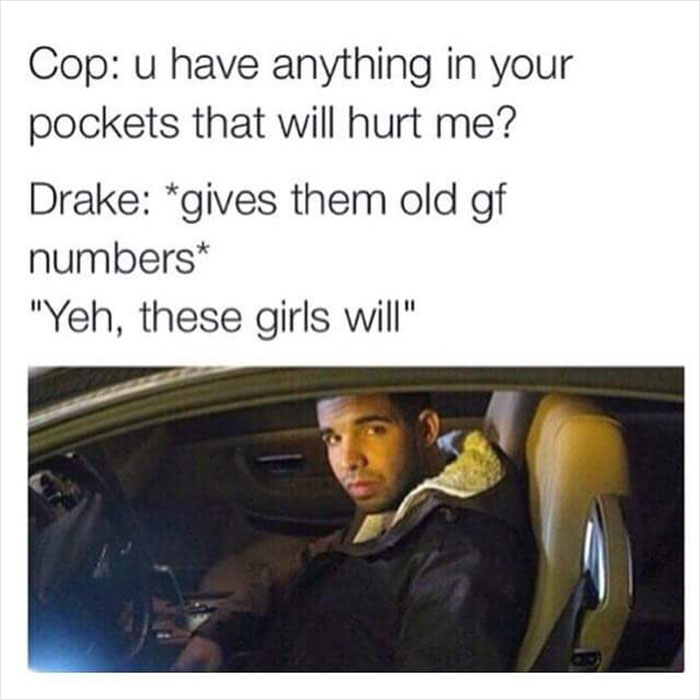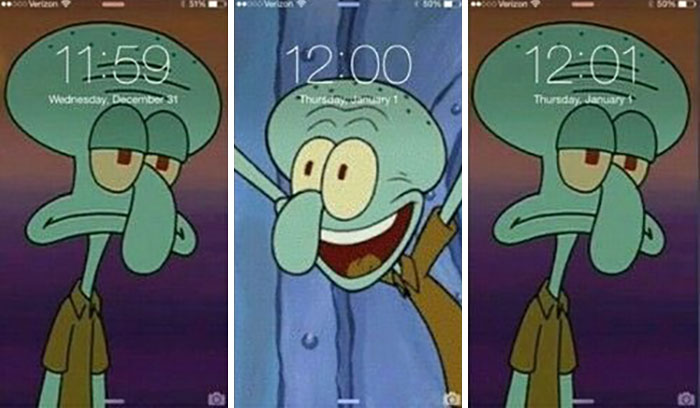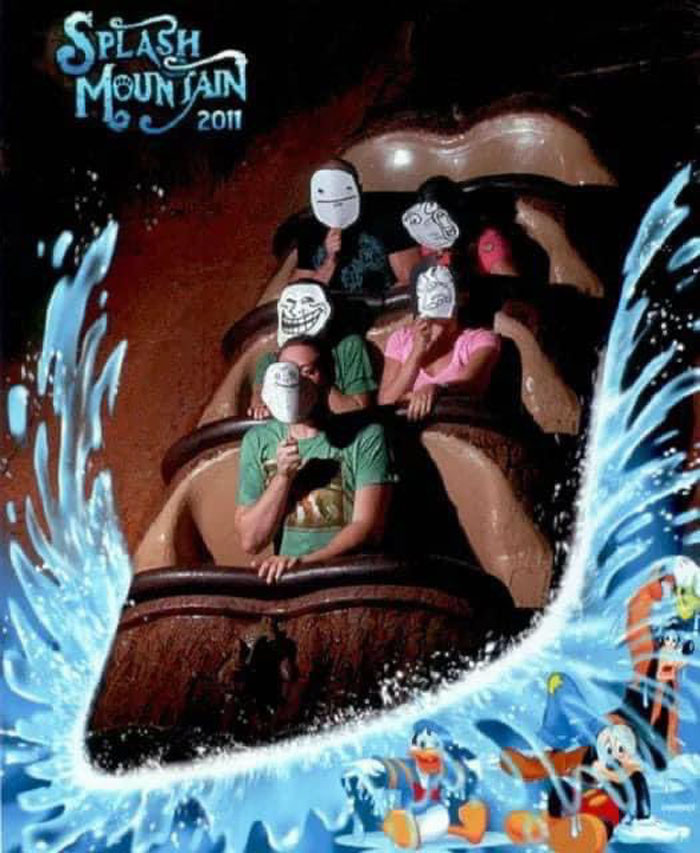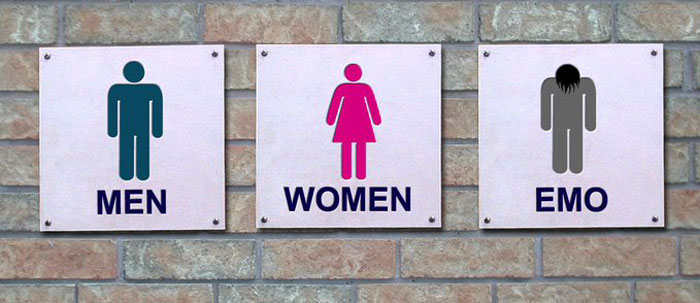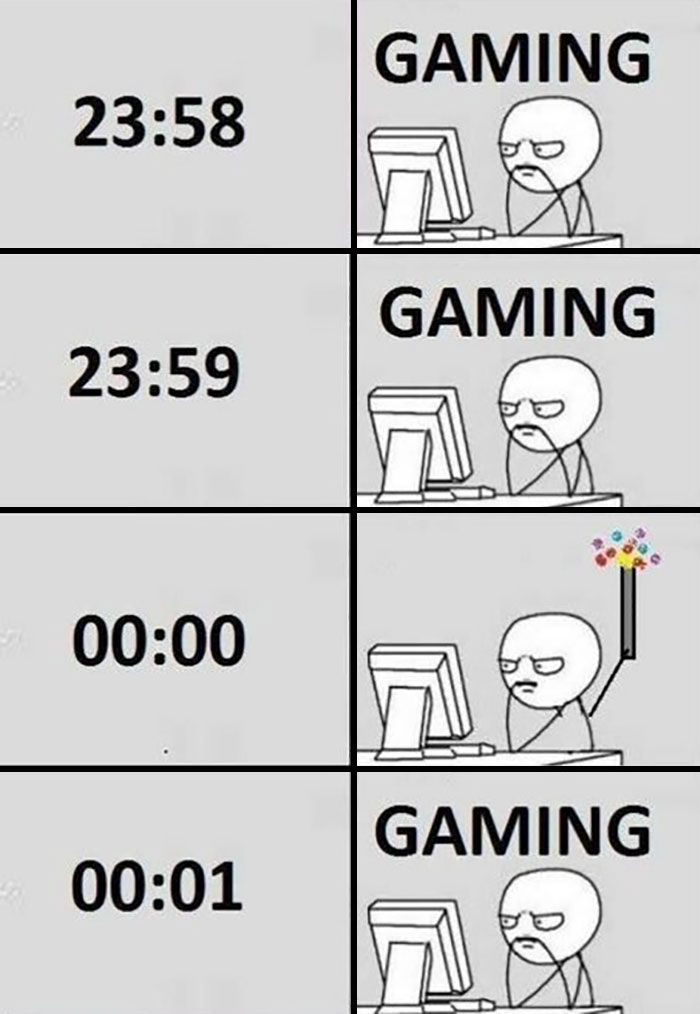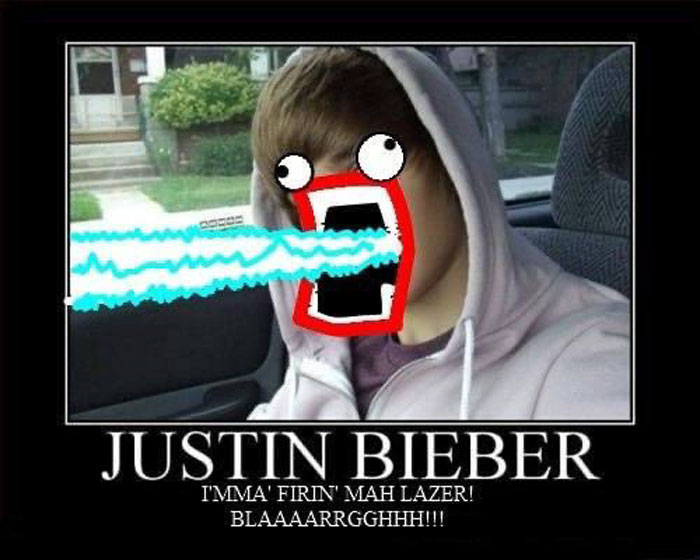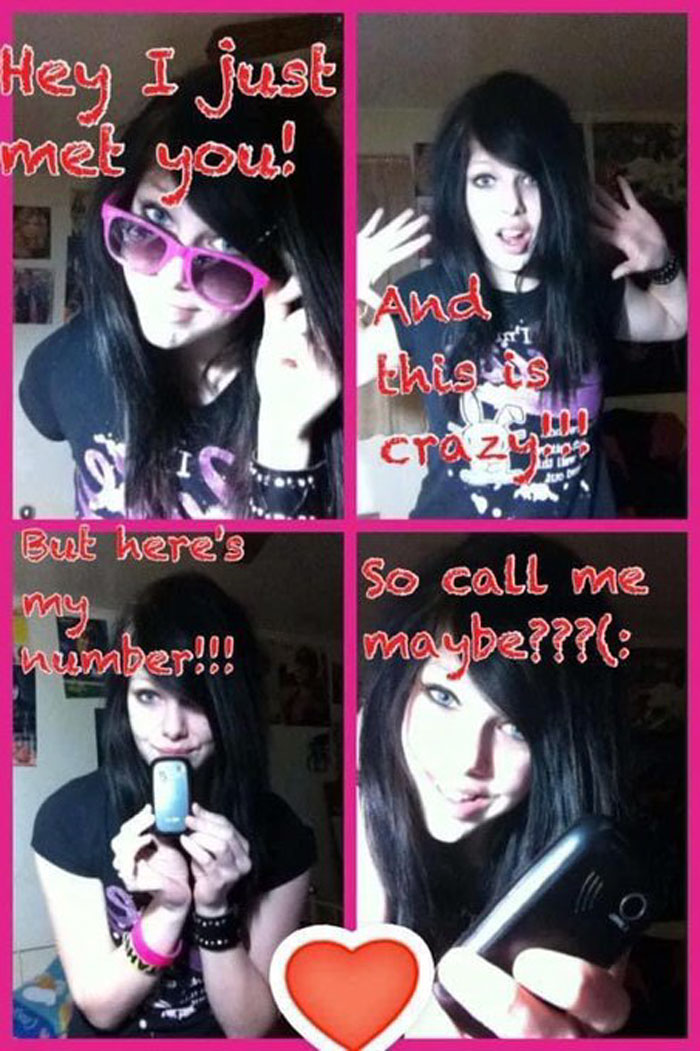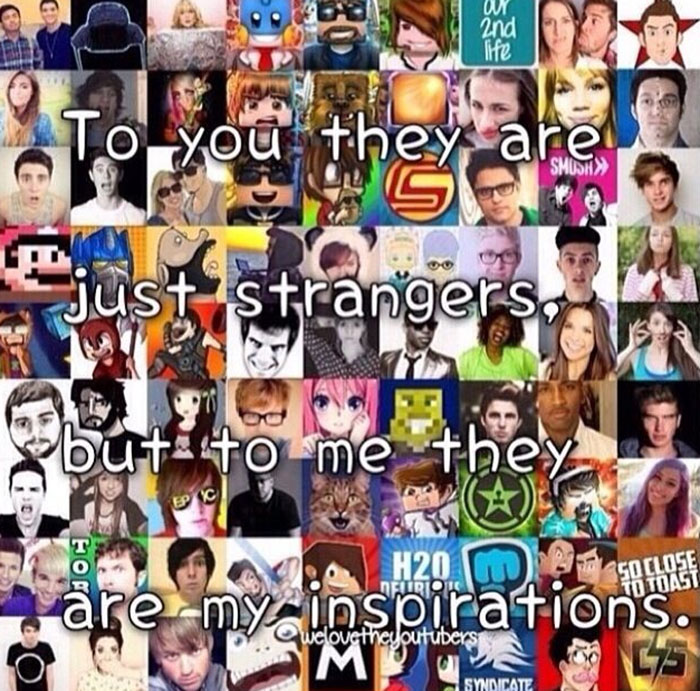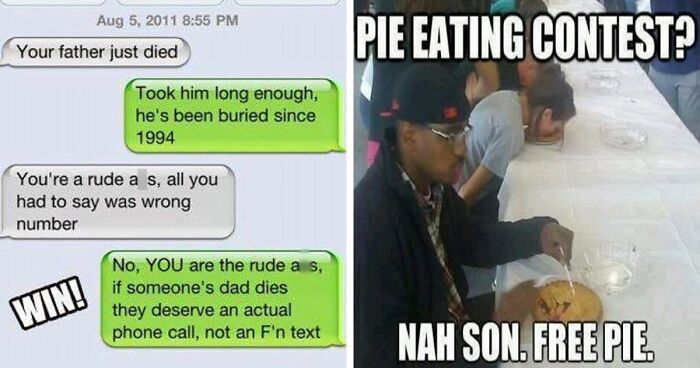
35 Memes From “A Forgotten Era Of The Internet” That Are Still Funny And Getting Funnier With Time, Shared By This Twitter Account
The way ancient memes "work" has to do with a repetition of some sort and one's memories, similarly to Andy Warhol's art, where the artist shows very familiar daily objects, such as Brillo boxes or Campbell's soup cans, in a new - unexpected - gallery environment and makes people look at these daily objects from a different perspective. Similarly, the scent sparked by 'ancient memes' can blend nostalgia, familiarity, just lightheartedness, and... sheer fun!
More info: Twitter
This post may include affiliate links.
The “Ancient Memes” page has 1.1 million Twitter followers and is a dedicated hub for "memes and posts from the forgotten era of the internet."
For one to participate in the ancient history and the not-so-ancient history of internet memes—i.e. by checking out posts by ‘Ancient Memes’—they can (for the most part) simply relax and have a good laugh about the content, which varies from the iconic facial expression of Jordan Belfort's character played by Leonardo DiCaprio in the Wolf of Wall Street to the era of the good old Nokia 3310.
The term "meme" - contrary to what one limiting the term to the rise of social media only might think - was made for broader use. Way back in 1976, Richard Dawkins coined the term "meme" to describe an idea, behavior, or style - some theme, that spreads between people by different means of imitation - writing, speech, gestures, and rituals, among others. He derived the term by shortening the Ancient Greek word "mimeme", which means an imitated thing.
The Greek root of the word "meme" was also used by R. W. Semon, who was studying memory and emphasized its retrieval element. He was writing about "mnemes", deriving the term from the word "Mneme" - which means the Greek muse of memory. In Ancient Greek mythology, Mneme was one of nine Olympian muses - daughters of Zeus and Mnemosyne - the goddess of memory. R. W. Semon was arguing in his study that memes, similarly to genes in biology, evolve via natural selection - the more useful ones live on, while the less successful ones die out.
However, the term "meme" can be narrowed down to "internet meme", the term proposed by Mike Godwin in 1993, which means a "meme" spread via the internet. Internet memes can take the form of images, videos, GIFs, and various other viral sensations.
As noted in a BBC article, the functioning of internet memes is similar to the one of language - it goes beyond light entertainment by constructing collective identities between people, serving as tools for self-expression, connection, and social influence. Internet memes "are one of the clearest manifestations of the fact there is such a thing as digital culture," says Paolo Gerbaudo, director of the Centre for Digital Culture at Kings College London.
The question might be asked, what are the factors that make a meme go viral? It can be argued that the quality of the meme's content or its perceived truthfulness is important for the meme's prevalence. However, the importance of the emotional appeal of a meme has been discussed in various studies.
The ability of a meme to arouse a strong emotional reaction was shown to be one of the main factors contributing to its popularity. The study of emotional selection in memes, studying the impact of disgust on memes' popularity, showed that people were more likely to pass along stories that evoked stronger disgust. The stronger the emotional reaction, in this case, disgust, the more willing people were to share it.
A similar empirical study has shown that the participants of the experiment were likely to share the content that evoked a strong emotional response - funny, angering, or disgusting videos were among the most shared. However, the strong negative emotion-generating content was likely to be shared only when the source of the video was not related to the person sharing it. Lastly, people usually share various content with people who are close to them, which is one of the reasons why it is more common to share memes that evoke positive emotional reactions.
I did it but it came up under my diaphragm and knocked my breath out. Almost drowned in 5 feet of water!
True story: “Wake Me Up When September Ends” is based on a tragic personal event in the life of Green Day’s frontman Billie Joe Armstrong. His father died of cancer in September of 1982, when Billie Joe was 10 years old. When he got home from the funeral, he went into his room and cried. Even to this day, this song is therapeutic for the lead singer, but still hard to sing given the true meaning behind it.
Anyone born 2000 and after is practically a baby in my mind lol. Can't help it
I have been the Dragonborn (Skyrim), I have been the Ashen One (Dark Souls), I have been the Hunter (Monster Hunter) among many things. March with me, Pandas, to the glorious mead hall of Sovngarde! XP
Nothing hits when you're sad as a kid quite like being called baby by a sweet older woman with a genuine smile. Actually, I think that could apply to sad adults too.
Nah, more like laying in bed, getting a short heart attack when all the noise starts, then going back to sleep
dude these aren't that old... ffs where did I leave my zimmerframe now?
Am I the only one who came here looking for All Your Base and Muffin Films? 😑
dude these aren't that old... ffs where did I leave my zimmerframe now?
Am I the only one who came here looking for All Your Base and Muffin Films? 😑

 Dark Mode
Dark Mode 

 No fees, cancel anytime
No fees, cancel anytime 






